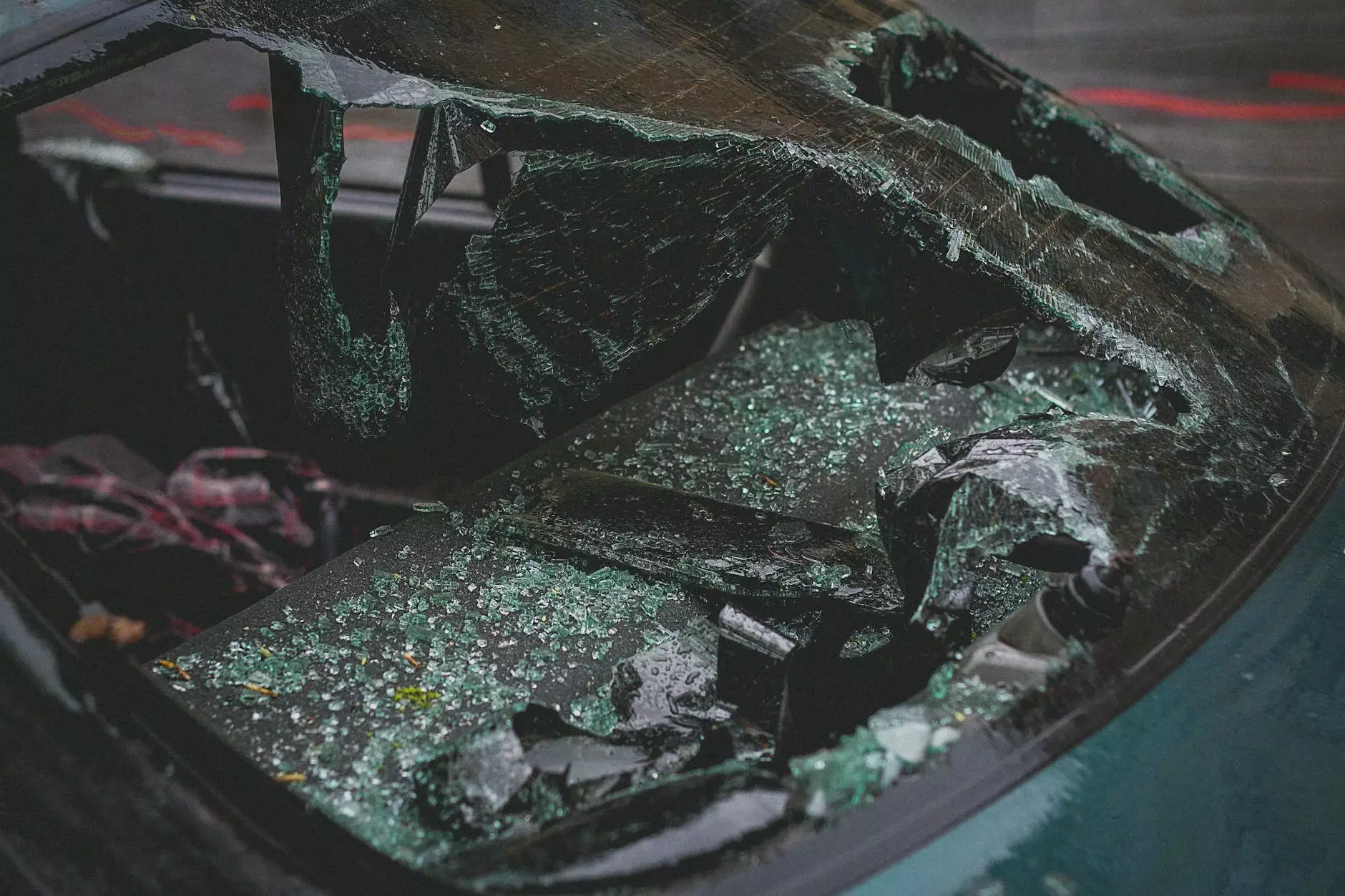Tips For Dealing With Emotional Trauma After A Car Accident
Health
Introduction
Experiencing a car accident can be a distressing and traumatic event that may leave you with long-lasting emotional scars. Ageless Wisdom Magazine understands the impact such incidents can have on your mental well-being, which is why we have compiled this comprehensive guide to help you navigate the challenging aftermath of a car accident.
Understanding Emotional Trauma
Emotional trauma following a car accident is a common occurrence, and it's essential to understand its effects on your mind and body. When you go through a traumatic experience like a car crash, your brain and nervous system perceive a threat, triggering a fight-or-flight response. This response can lead to various emotional and physiological symptoms:
- Intense fear and anxiety
- Flashbacks and nightmares
- Difficulty concentrating
- Sleep disturbances
- Depression and sadness
- Increased irritability
- Changes in appetite and weight
- Physical tension and pain
Coping Strategies for Emotional Trauma
1. Seek Professional Help
One of the vital steps towards healing from emotional trauma after a car accident is to seek professional help. Consider consulting a therapist or psychologist specializing in trauma to guide you through the recovery process. They can provide you with effective coping mechanisms and therapies tailored to your specific needs.
2. Connect with Supportive Networks
Don't underestimate the power of a strong support system in your recovery journey. Reach out to family, friends, or support groups who can offer understanding, empathy, and encouragement. Sharing your feelings and experiences with others who have gone through similar situations can help you feel validated and less alone.
3. Practice Self-Care
Engaging in self-care activities is crucial for rebuilding your emotional well-being. Prioritize activities that bring you joy and relaxation, such as:
- Regular exercise
- Meditation or mindfulness practices
- Healthy eating habits
- Engaging hobbies or interests
- Quality sleep
4. Journaling and Expressive Writing
Consider keeping a journal to express your feelings and thoughts. Putting your emotions into words can help you process and make sense of the traumatic event. Explore your emotions, fears, and aspirations through free writing exercises, allowing yourself to release any pent-up tension.
5. Relaxation Techniques
Learning and practicing relaxation techniques can significantly help reduce anxiety and stress associated with emotional trauma. Techniques such as deep breathing exercises, progressive muscle relaxation, and guided imagery can promote a sense of calmness and tranquility.
Rebuilding Confidence and Resilience
After a car accident, rebuilding your confidence and resilience may seem like an overwhelming task, but it is entirely achievable. Here are some strategies to assist you in this process:
1. Gradual Exposure to Driving
If driving triggers anxiety or fear, start by taking small steps towards regaining your confidence. Take short drives in low-stress environments and gradually increase the duration or complexity of your journeys as you feel more comfortable.
2. Professional Driving Lessons
Consider enrolling in professional driving lessons or defensive driving courses to refine your skills and boost your confidence on the road. An experienced instructor can help you address any specific concerns or anxieties you may have while driving.
3. Develop Positive Affirmations
Create a list of positive affirmations that focus on safety, self-worth, and resilience. Repeat these affirmations daily to reinforce positive beliefs and counteract any negative thoughts associated with the car accident.
4. Visualize Successful Outcomes
Practice visualization techniques where you imagine yourself driving confidently and safely. Visualize successful driving scenarios, such as navigating traffic smoothly or handling challenging road conditions with ease. By visualizing positive outcomes, you can gradually rewire your brain to associate driving with positive experiences.
Conclusion
Recovering from emotional trauma after a car accident takes time, patience, and a willingness to prioritize your mental well-being. Ageless Wisdom Magazine is dedicated to providing you with the guidance and support you need to heal and reclaim your life. Remember, you are not alone in this journey, and with the right strategies, you can overcome emotional trauma and thrive once again.




